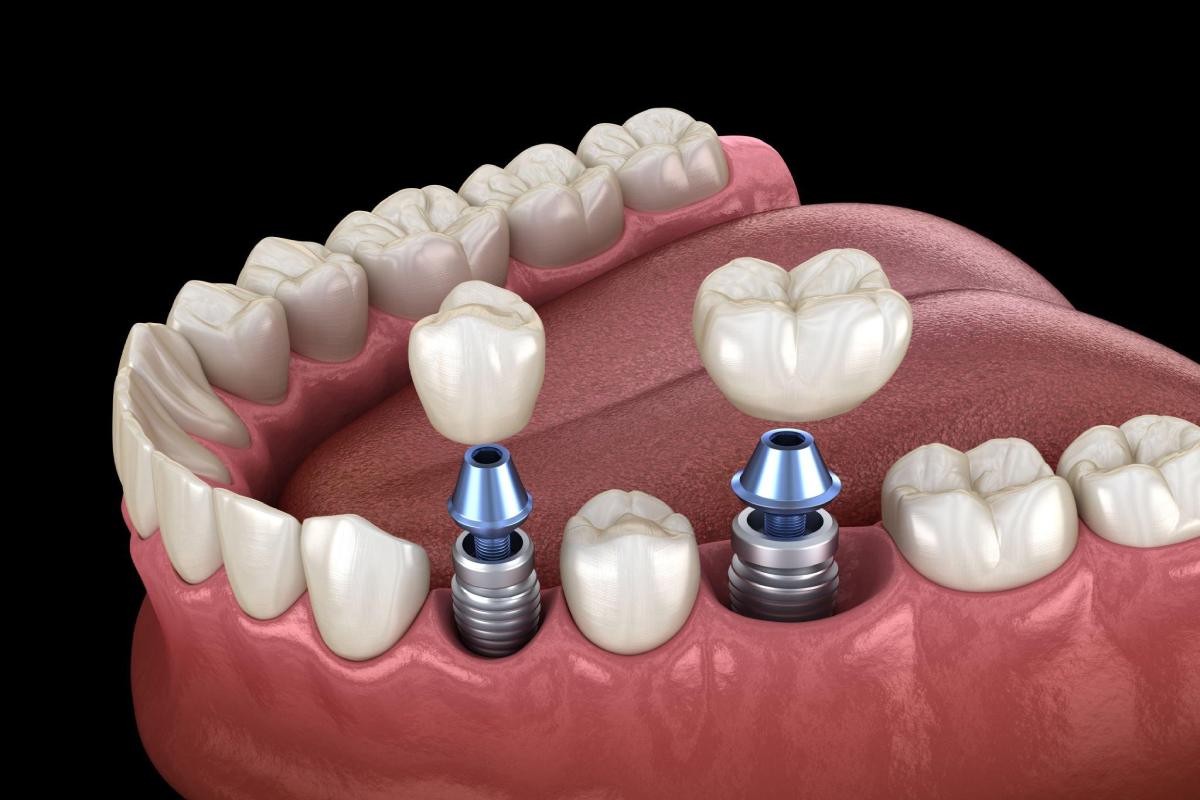While there are many benefits to using these all on 4 dental implants for a full-arch restoration, there are a few considerations to make beforehand. Let us take a closer look at each of these factors:
Table of Contents
Regular check-ups are necessary
Schedule an initial visit with the preferred dentist before beginning implant therapy. You can share your hopes, fears, and questions concerning the implants. Tell your dentist about any illnesses, drugs, or dental work you have had. Your dentist will examine your mouth and teeth to determine their health. Examining your bite and the dental work you have done recently will be beneficial.
Before deciding to get implants, conducting a bone density assessment is crucial. In today’s dental offices, you can get accurate 3D images of your jawbone thanks to cone beam computed tomography (CBCT). Bone density and structure can be determined with great precision. A bone density scan is also helpful for determining whether your bone is strong enough to support dental implants. It is possible to create digital replicas of the oral cavity by giving a digital impression. These models give dentists a rough idea of bone density and pinpoint the perfect spot to put in an implant.
Quit the vices
Giving up bad habits like smoking and drinking is a prerequisite to implant surgery because it can impede the success of a full-mouth reconstruction. If stopping cold turkey is too challenging, try gradually cutting back on your sessions. Substitute healthy practices for the unhealthy ones. For instance, if you are a smoker, you can cut down by switching to nicotine gum.
Regular dental care is necessary
Your commitment to regular dental care will determine the lifetime of your implants, gums, and oral health. Before getting an implant, you should take care of any cavities or gum disease in your mouth. You should also get the hang of brushing your implants and surrounding gums correctly. You should use fluoride toothpaste and a soft-bristled toothbrush to clean around the gums and artificial teeth.
Regular consultations
Set up consultations with board-certified implant dentists and factor in the associated costs. They know everything there is to know about implant surgery and the costs involved. Inquire about a complete treatment plan that includes implant placement, prosthesis fabrication, and follow-up appointments. Costs like consultations, x-rays, implants, replacement teeth, anesthetics, and extractions or bone grafting should all be factored into your budget.
Know about the treatment duration.
Find out more about the treatment process from start to finish, such as implant placement, healing, and prosthesis fitting. It takes time to complete each stage. During the implant procedure, which usually only takes a few hours, the four implants are surgically inserted into the jawbone. Once placed entirely, the implants take a few months to integrate into the jawbone.

